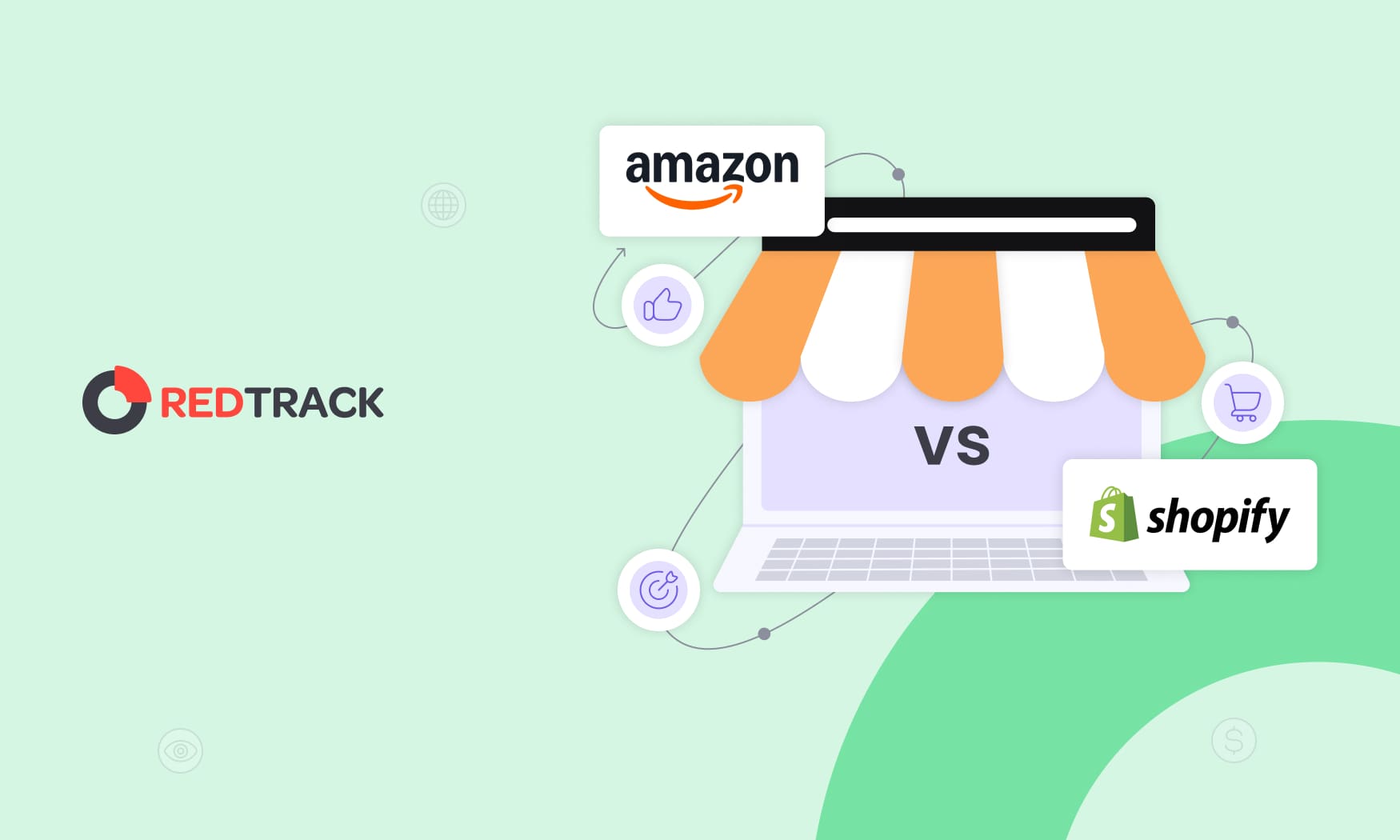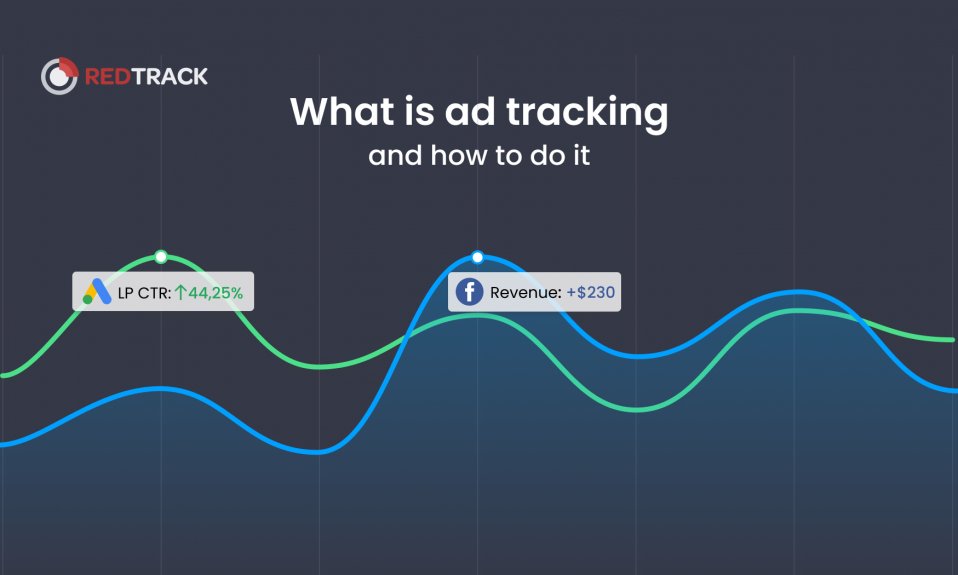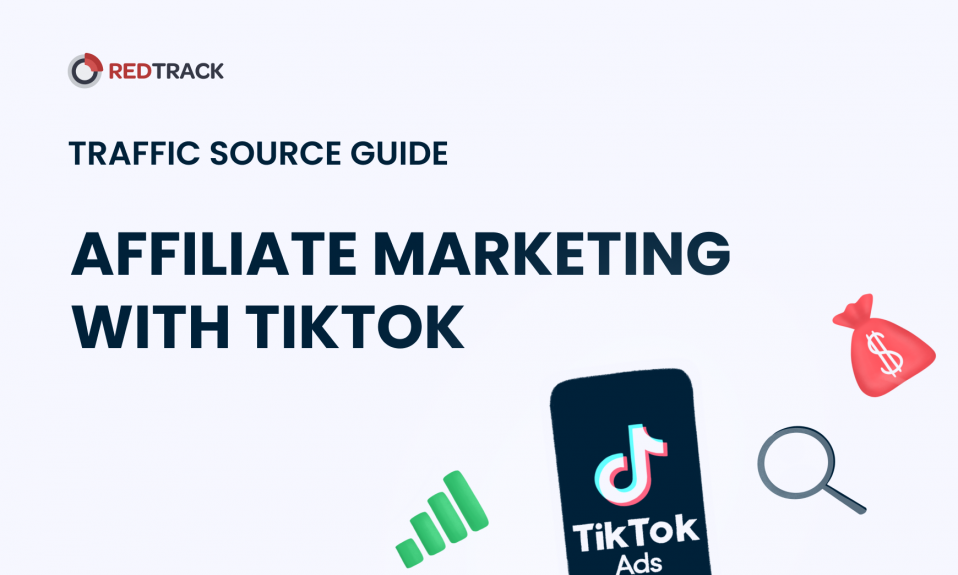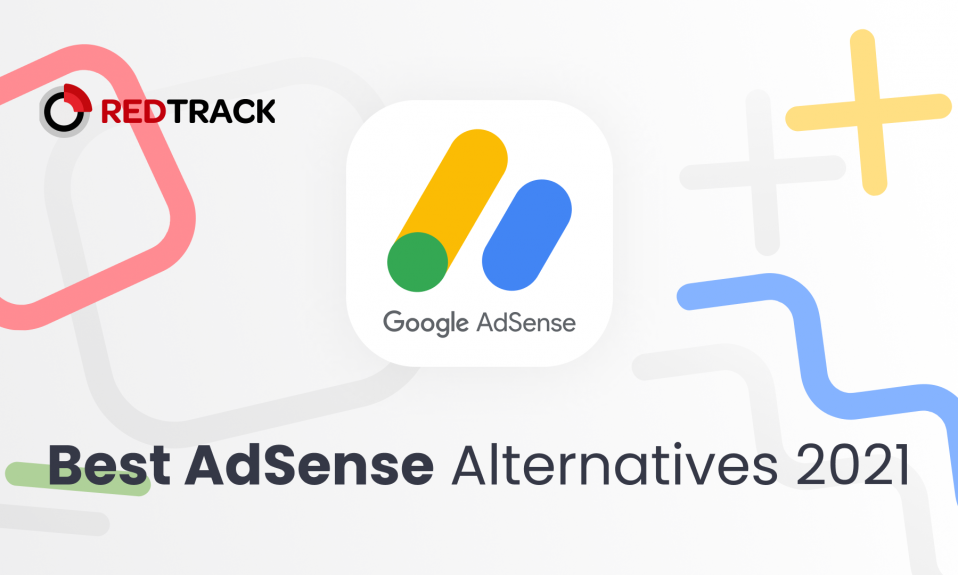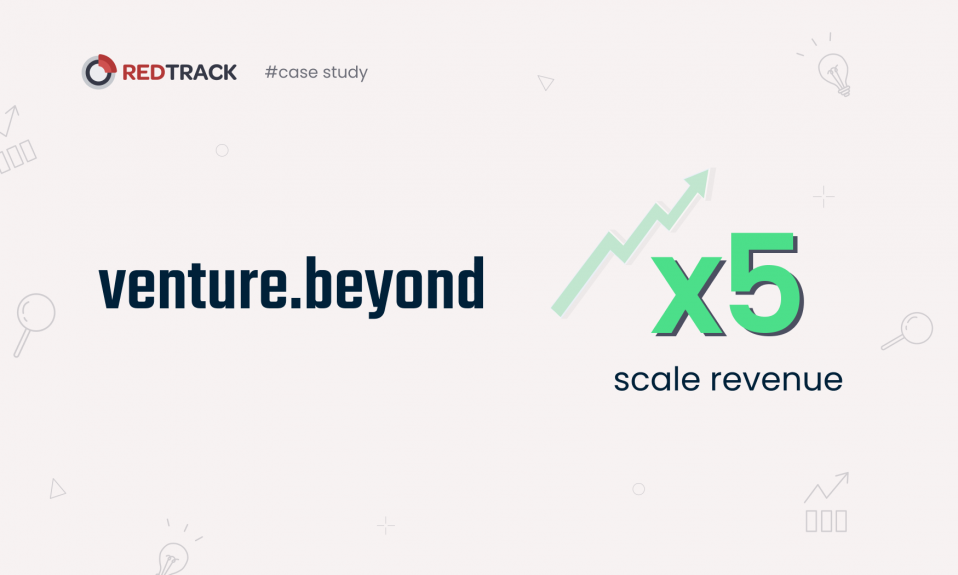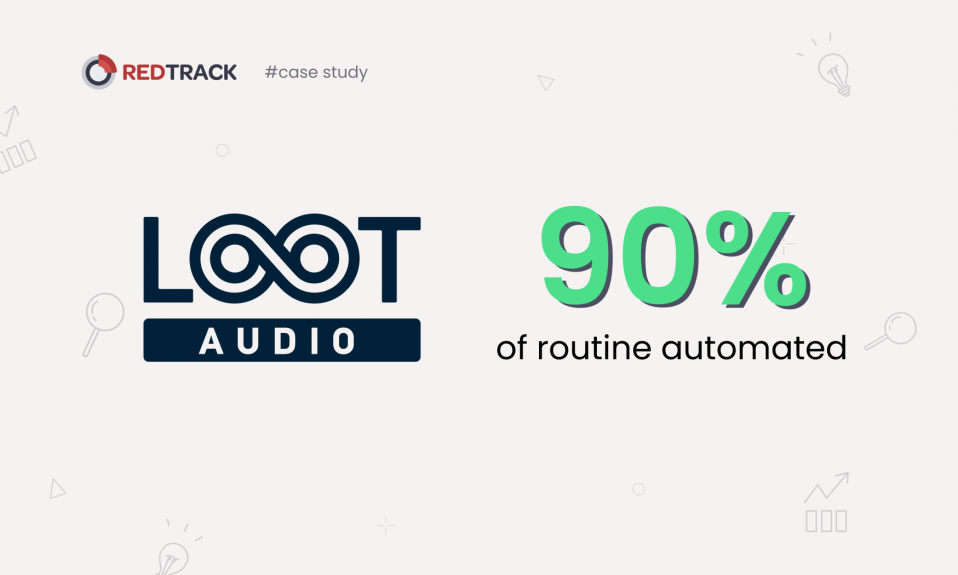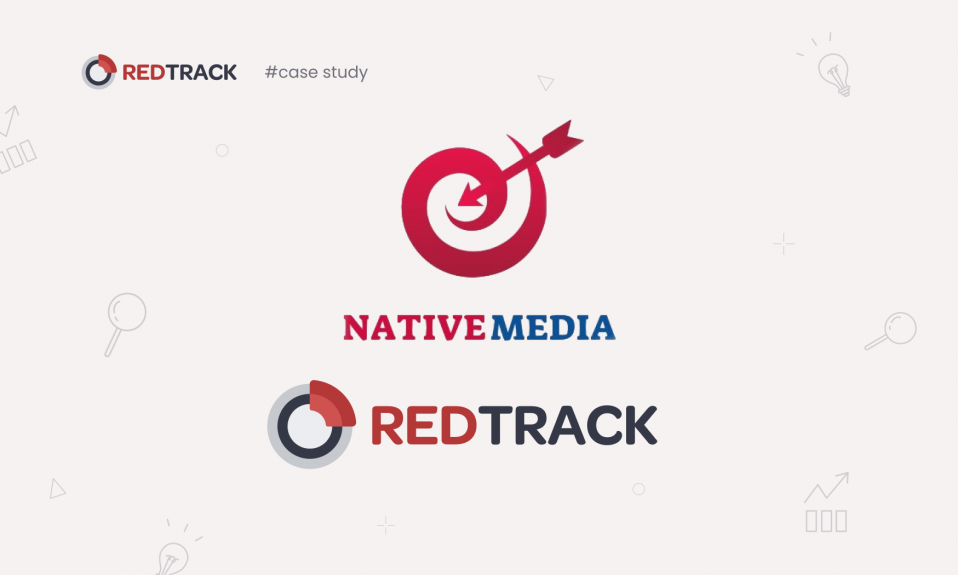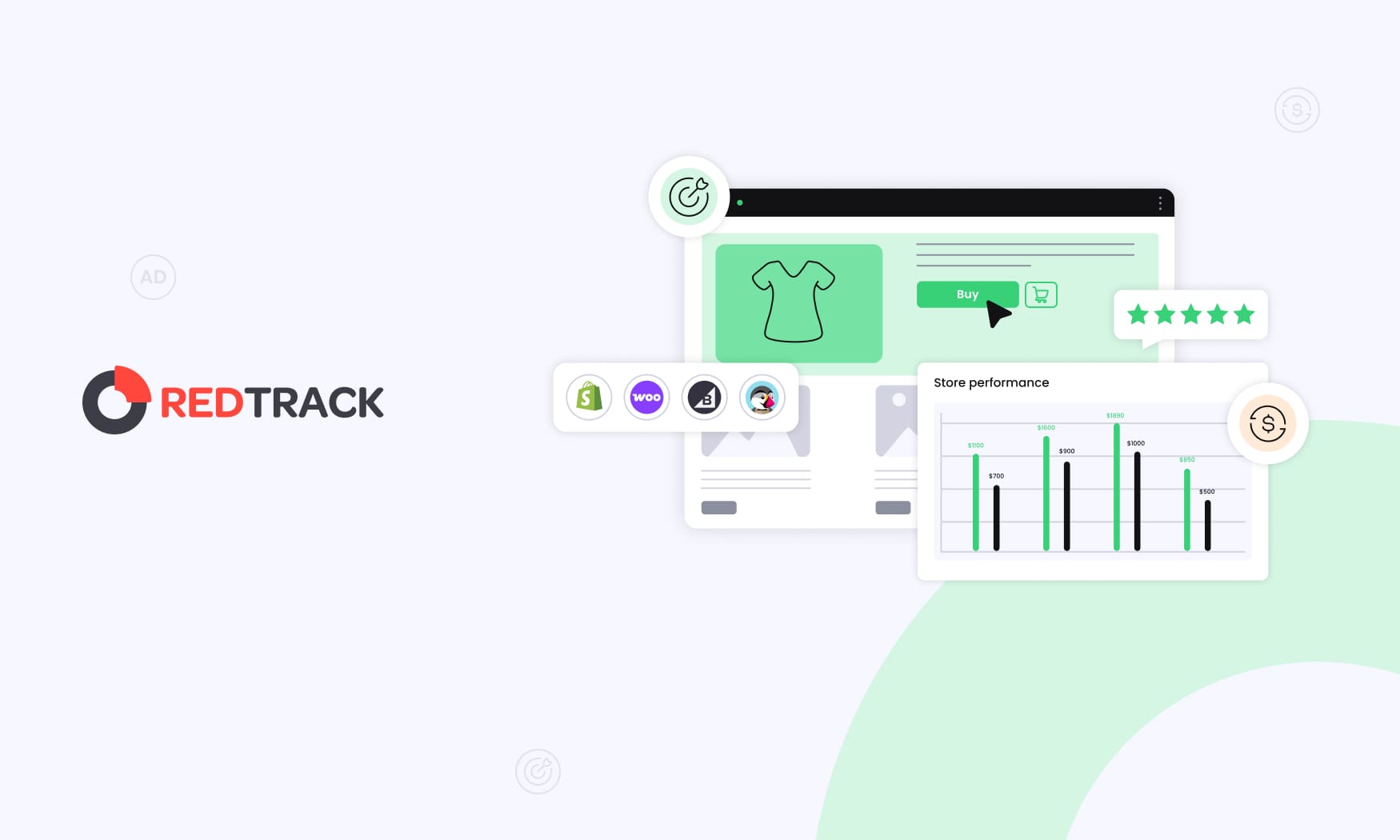
The eCommerce game isn’t slowing down – it’s evolving faster than your best-selling SKU flies off the digital shelf. And you know what? This evolution is happening whether you’re ready for it or not.
As customer expectations grow, so does the tech stack behind the scenes. That clunky combo of plug-ins, spreadsheets, and workarounds? It won’t cut it in 2025, and here’s why: your customers expect seamless experiences, your competitors are already upgrading, and frankly, your sanity depends on having systems that actually work together.
We’re talking software that doesn’t just power your store, but sharpens your competitive edge in ways that matter.
Think about it: when was the last time a manual inventory update or a broken integration cost you a sale?
From AI-fueled product recommendations that actually understand your customers to real-time inventory sync across every channel (because nothing kills conversion like “out of stock” surprises), the right ecommerce toolkit could be the difference between a killer Q4 and a logistical nightmare that keeps you up at night.
In this post, we’re unpacking the best eCommerce software for 2025 – tools built to help serious ecommerce businesses deliver serious results. And we’re not talking about flashy features you’ll never use; we’re focusing on practical solutions that solve real problems you’re probably dealing with right now. Let’s make scaling feel a whole lot smoother, because honestly, it should be.
Best eCommerce analytics tools
Getting through to your customer seems to be getting more complex and difficult every year, which is why businesses, agencies, and entrepreneurs need to make the most of the money they invest.
This is where eCommerce analytics tools matter the most, helping you refine and optimize the performance of your campaigns, facilitate current revenue attribution, and better understand customer behavior.
These are our picks for the three best analytics tools for eCommerce:
Google Analytics (GA4)
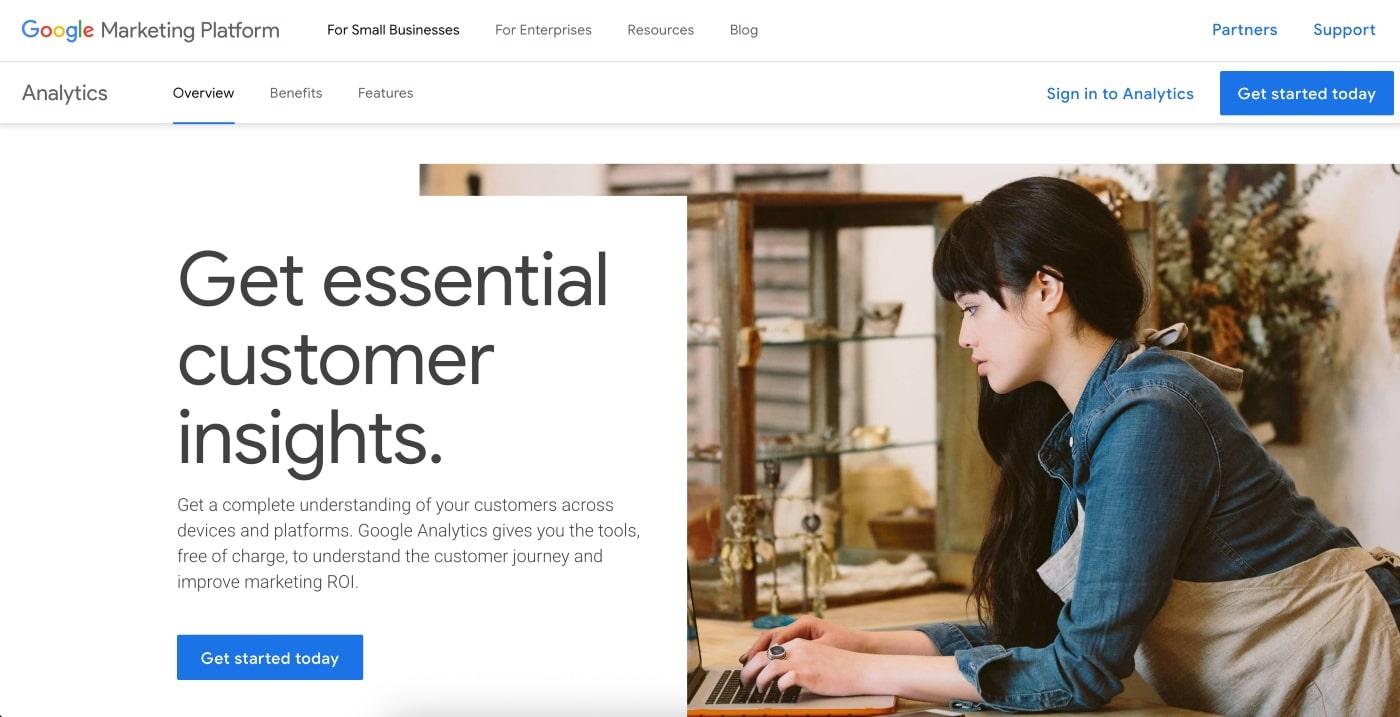
Google Analytics 4 (GA4) is pretty much the mainstay when it comes to analytics in any sort of context or use case, and eCommerce is no exception.
Google Analytics is an invaluable tool for measuring vital website and mobile app KPIs, generating real-time reports, as well as analyzing the behavior of your customers and providing insights into your online store’s performance.
Standout feature: Event-based model for tracking that captures user behavior in more detail. Integration with Google Ads, Google Cloud, and Google Search Console, among others.
Best for: eCommerce retailers that need a free and powerful analytics platform for monitoring traffic, goals, and customer behaviour. Also, smaller brands and stores rely on content to drive sales.
Ratings: Google Analytics is rated 4.5 on G2, and is still viewed by many as the essential analytics tool for eCommerce.
Pricing: GA4 is free.
Kissmetrics
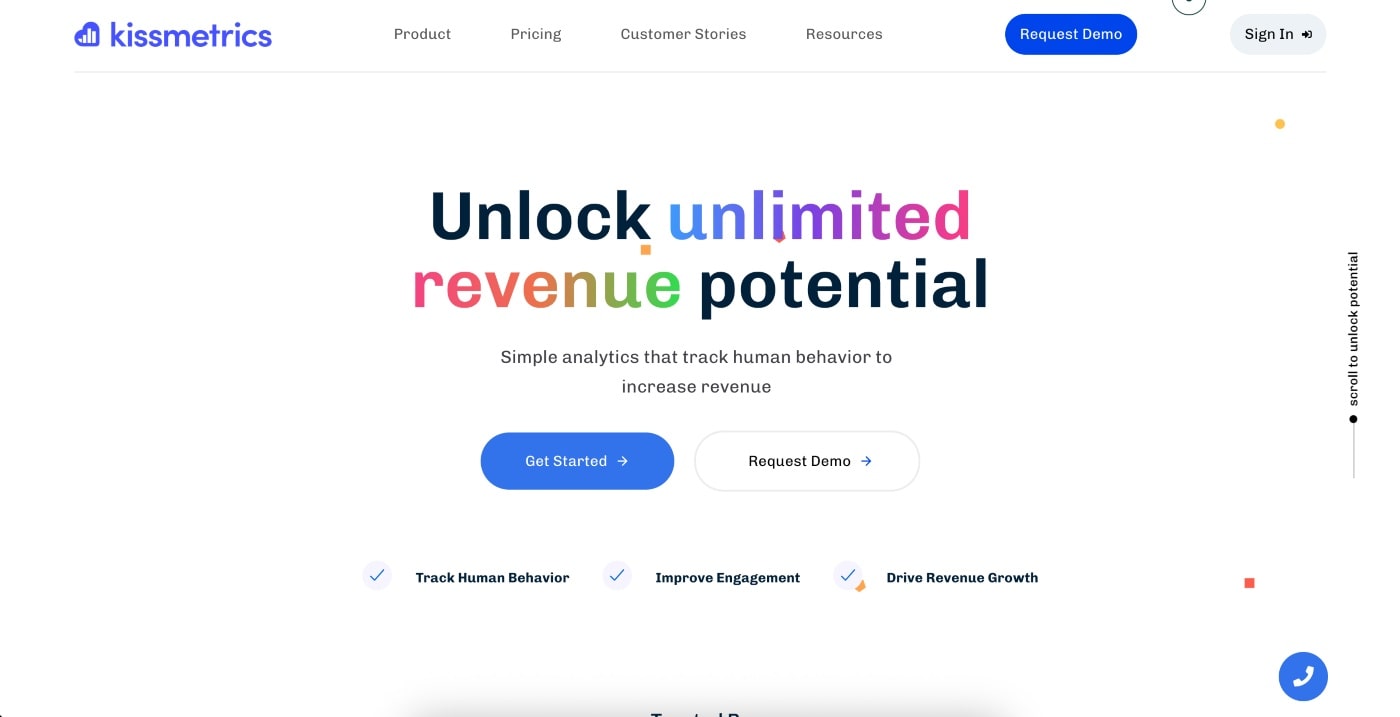
Kissmetric is a unique analytics platform because it focuses on tracking individual customers, their behavior, and gives you insight into why they convert or don’t convert.
This makes it an ideal tool for tracking eCommerce-relevant metrics, such as lifetime value and customer retention.
Standout feature: People-focused tracking with advanced funnel report, cohort analysis, and revenue reporting.
Best for: Medium and large eCommerce brands that use the subscription-based model.
Ratings: 4.1 on both G2 and Capterra, with users praising Kissmetrics for timely insights on human behavior, which ultimately help them make better business decisions.
Pricing: Kissmetrics prices are only available upon inquiry
Shopify Analytics
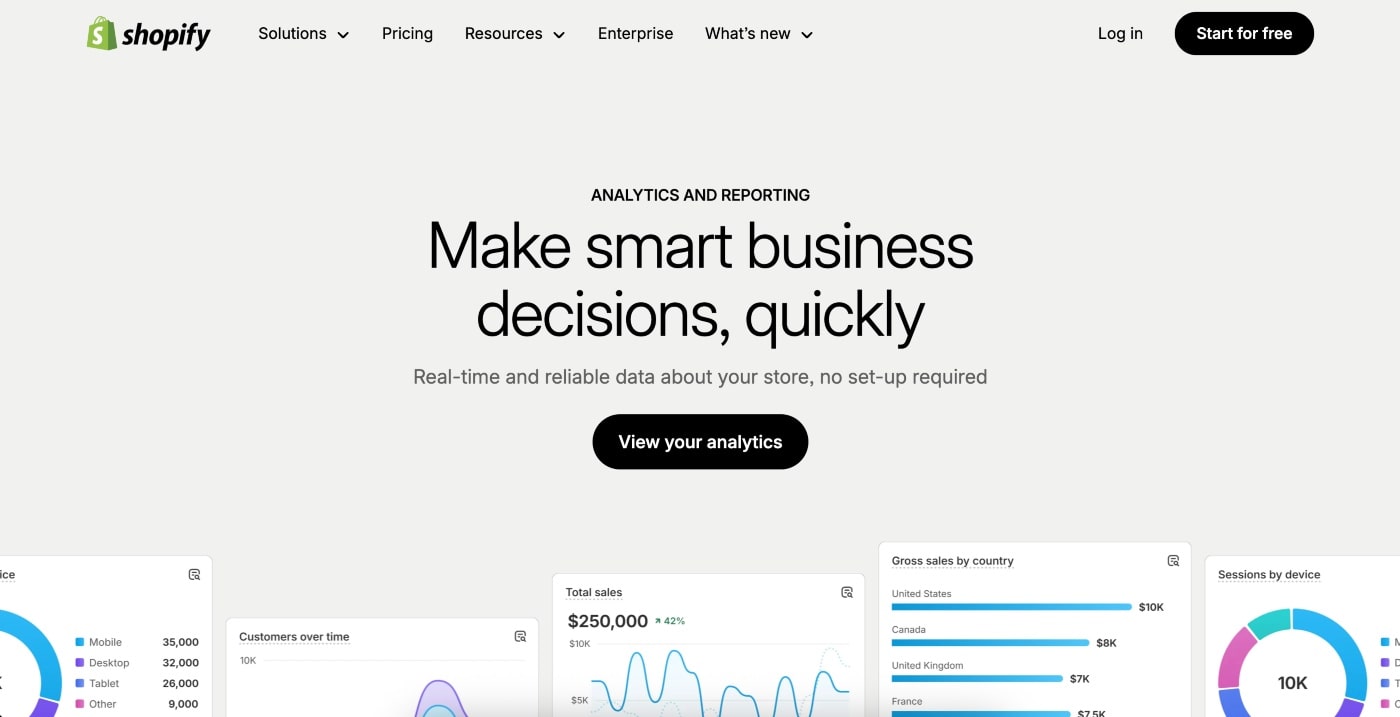
Shopify Analytics is the built-in reporting and insights tool available to all Shopify merchants, offering an easy way to monitor store performance, understand customer behavior, and evaluate marketing efforts without needing third-party tools.
It provides accessible dashboards for sales, traffic, product performance, and customer insights, all within the Shopify admin. For ecommerce businesses, especially those already using Shopify as their storefront, this analytics suite offers immediate access to key metrics without any complex setup.
Standout feature: Integrated sales and customer reports with multi-touch attribution and customizable dashboards, powered by first-party data.
Best for: Shopify store owners—especially small to mid-sized businesses—who want a native analytics tool that provides accurate attribution, marketing source performance, and sales trends with minimal setup.
Ratings: Shopify in general is rated 4.4 on G2, as there’s no rating .
Pricing: Included with all Shopify plans, though advanced reports are only available on higher-tier subscriptions (Shopify and above).
Hotjar
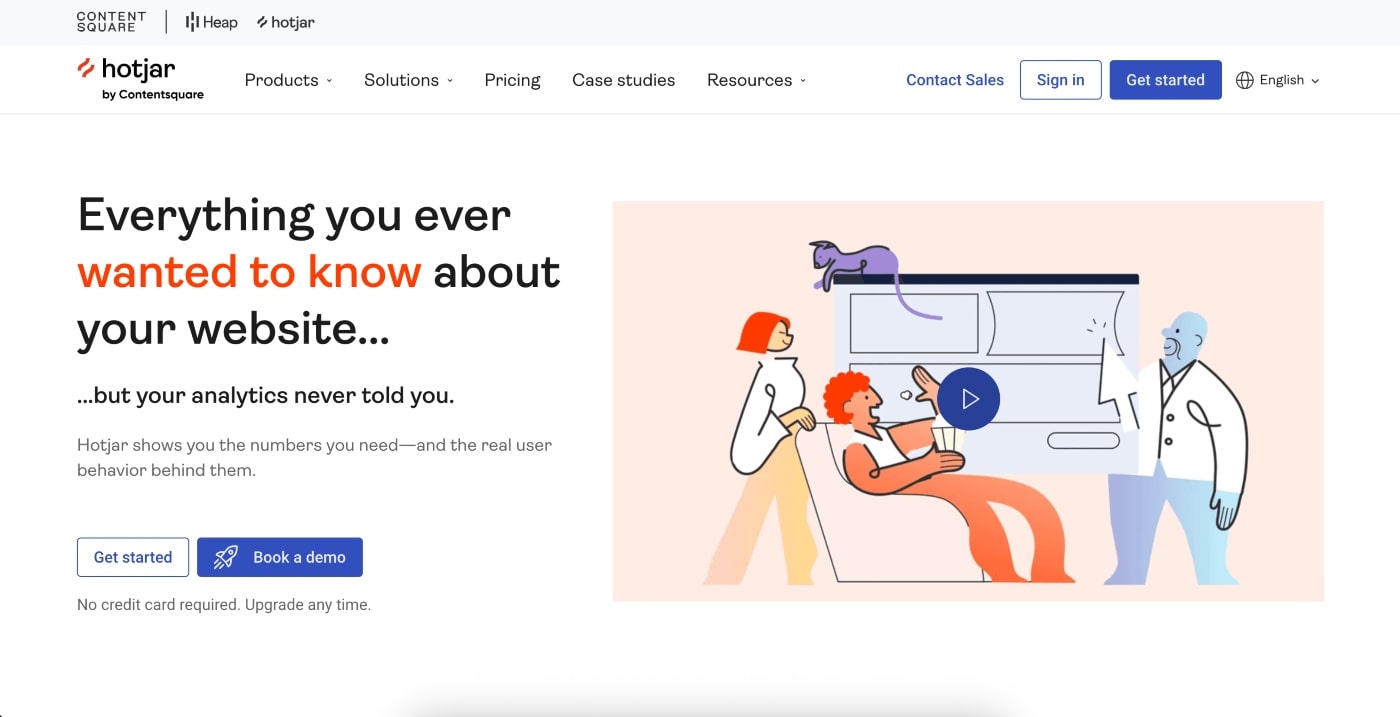
Hotjar is a powerful behavior analytics and user feedback tool that helps ecommerce brands visualize how visitors interact with their websites. Unlike traditional analytics platforms that focus on numbers, Hotjar provides qualitative insights through heatmaps, session recordings, and on-site surveys.
It’s especially useful for identifying friction points in your conversion funnel, understanding drop-offs, and improving the overall user experience on product pages, checkout flows, and landing pages.
Standout feature: Visual tools like heatmaps and session recordings that reveal exactly how users navigate your store and where they lose interest or get stuck.
Best for: Ecommerce teams focused on conversion rate optimization (CRO), UX design, and customer journey improvement—especially valuable for Shopify, WooCommerce, or custom store setups.
Ratings: Hotjar holds a 4.3 rating on G2, with users highlighting its intuitive interface and actionable visual data that helps boost site performance.
Pricing: Free basic plan available; premium plans start at $39/month with expanded features and more session capture capacity.
Best eCommerce platforms
And now we come to the backbone of every single eCommerce business, and upon which all of your marketing, analytics, and customer service tools are attached: the eCommerce platforms.
From product listing and shopping cart experiences to checkout and payment processing, these platforms rely on data to make sure that your customers’ journey is smooth and secure.
We have picked the following three eCommerce platforms as essential for any eCommerce retailer or brand:
Shopify
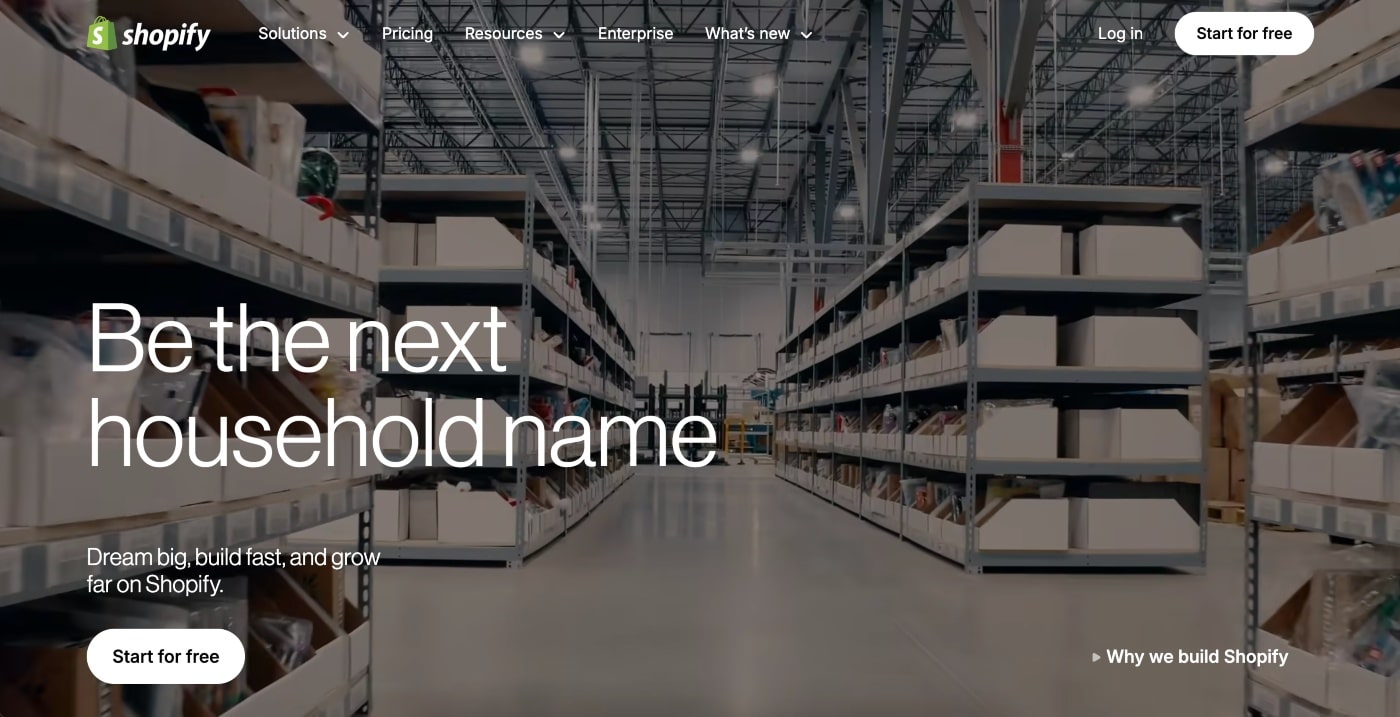
Shopify is pretty much the OG when it comes eCommerce, since it powers 10% of US eCommerce businesses, and about 6% in Western Europe.
If you are looking to develop and manage your online store with a wide spectrum of physical products, Shopify is more than a solid foundation to build it on, thanks to its massive app ecosystem, rich feature set, and drag-and-drop store builder.
Standout feature: Shopify has a lot of things going for it, but the biggest selling point has to be the online store builder, followed by its marketplace where you can find a ton of themes and apps.
Best for: DTC brands, both SMEs and large enterprises, as well as solopreneurs who are looking to scale.
Ratings: Shopify has a Capterra rating of 4.5 and a G2 rating of 4.4, with many viewing it as the essential turnkey solution for their online business.
Pricing: Prices start at €19/month, billed annually.
WooCommerce
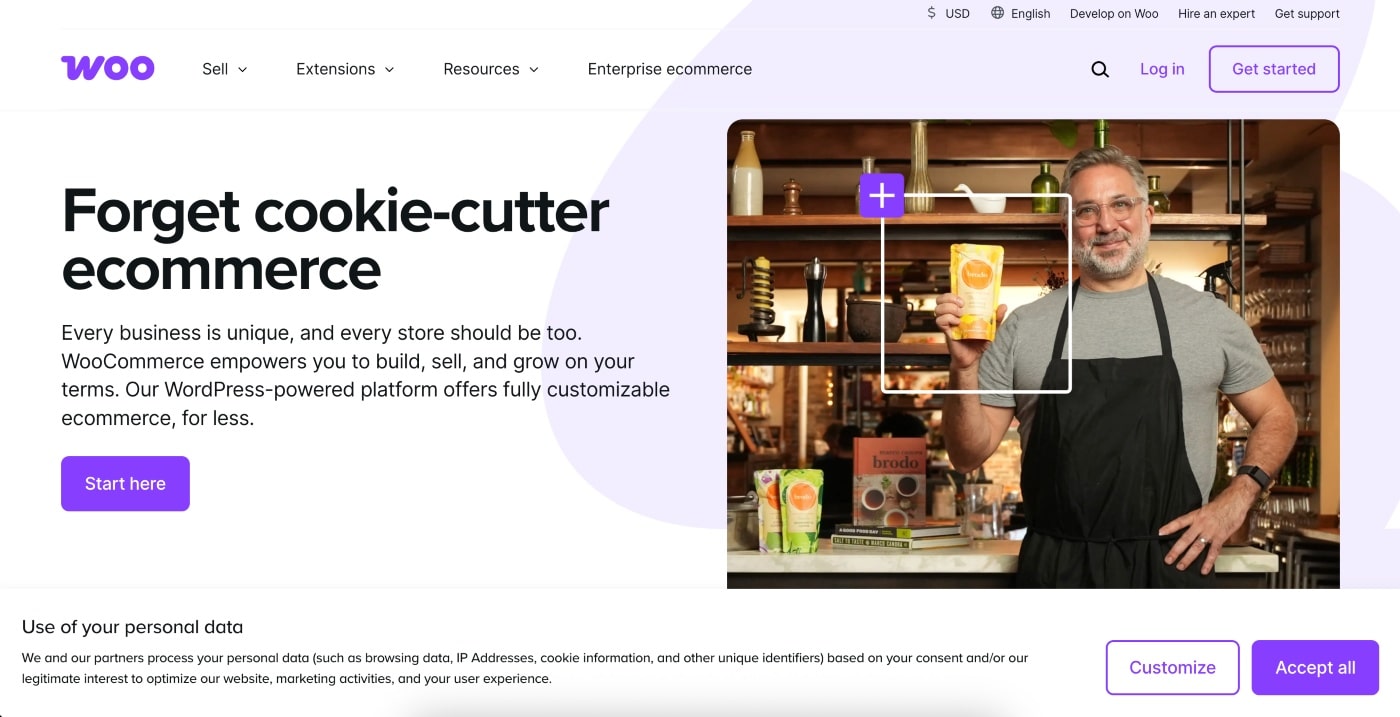
If you like to be able to customize your eCommerce store, then WooCommerce is the right choice. It’s an open-source platform that requires you to have a bit more technical knowledge, but as a tradeoff, you get more flexibility.
And if you are already using WordPress to power your website, adding WooCommerce is the obvious next step.
Standout feature: Easy integration with WordPress, as well as the level of customization.
Best for: Both large and small eCommerce businesses that want to have full control of their store, and have the technical knowledge to set up and manage it.
Ratings: 4.5 on Capterra and 4.4 on G2, with flexibility being the focal point when it comes to WooCommerce’s advantages.
Pricing: WooCommerce is free, but you will need to pay for stuff like hosting, domain registration, and themes.
BigCommerce
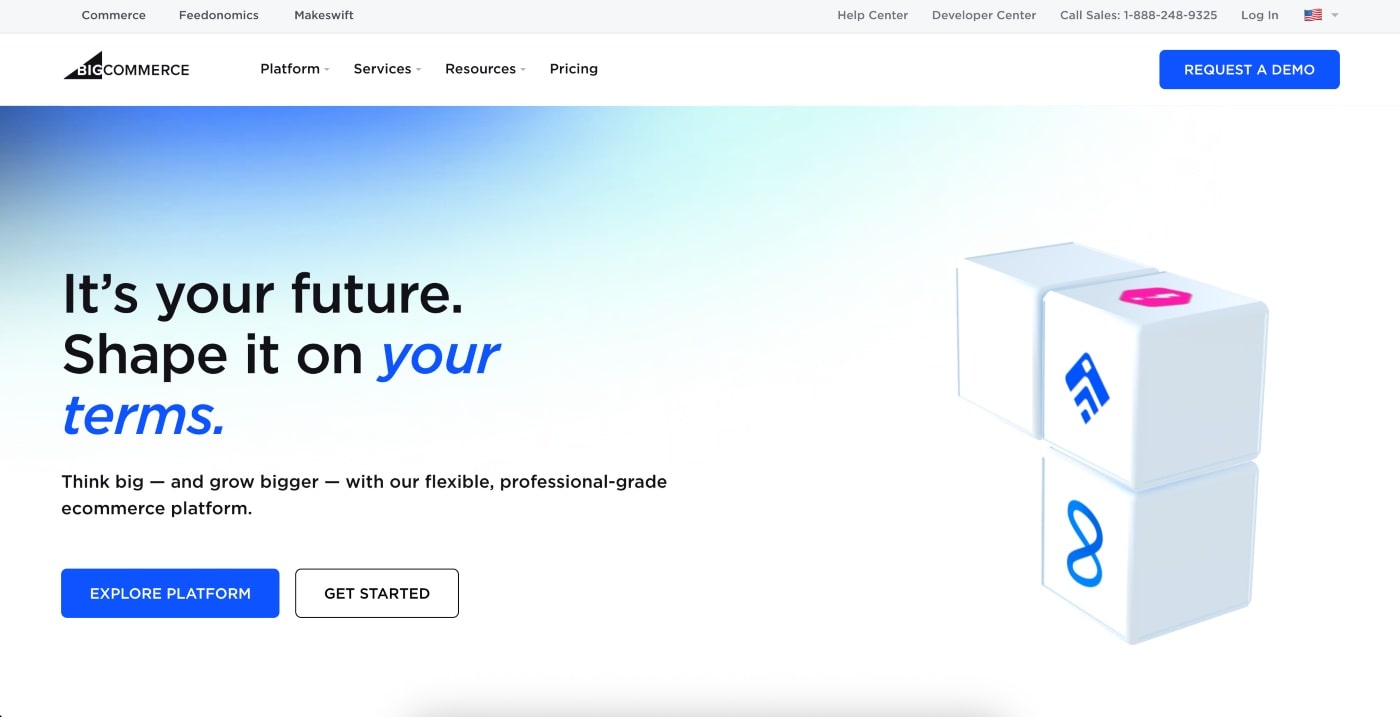
When it comes to eCommerce platforms that enable you to grow and scale easily, BigCommerce is second to none.
It’s packed with features that give you the power to handle large product catalogs and inventories, and all of that across the most popular channels, including eBay, Amazon, as well as most major social media platforms.
Standout feature: Multi-channel selling with headless commerce, SEO, and ERP integration.
Best for: Medium to large eCommerce businesses, because all of the available functionalities might be overwhelming for small businesses or solopreneurs.
Ratings: BigCommerce has a 4.4 rating on Capterra and 4.4 on G2. Users liked the multi-channel sales, as well as plenty of integration options.
Pricing: Prices start at $29/month (billed annually) for the Standard plan.
Best eCommerce marketing tools
Cutting through all the online noise with your eCommerce is harder than ever. This is where your eCommerce marketing tools step in, enabling you to reach the right customer at just the right moment.
And doing so by sending the right messages across the appropriate channels, including SMS, email, ads, and social media.
Check out our picks for the best eCommerce marketing tools:
RedTrack – Best Marketing Analytics & Ad Tracker for Ecommerce
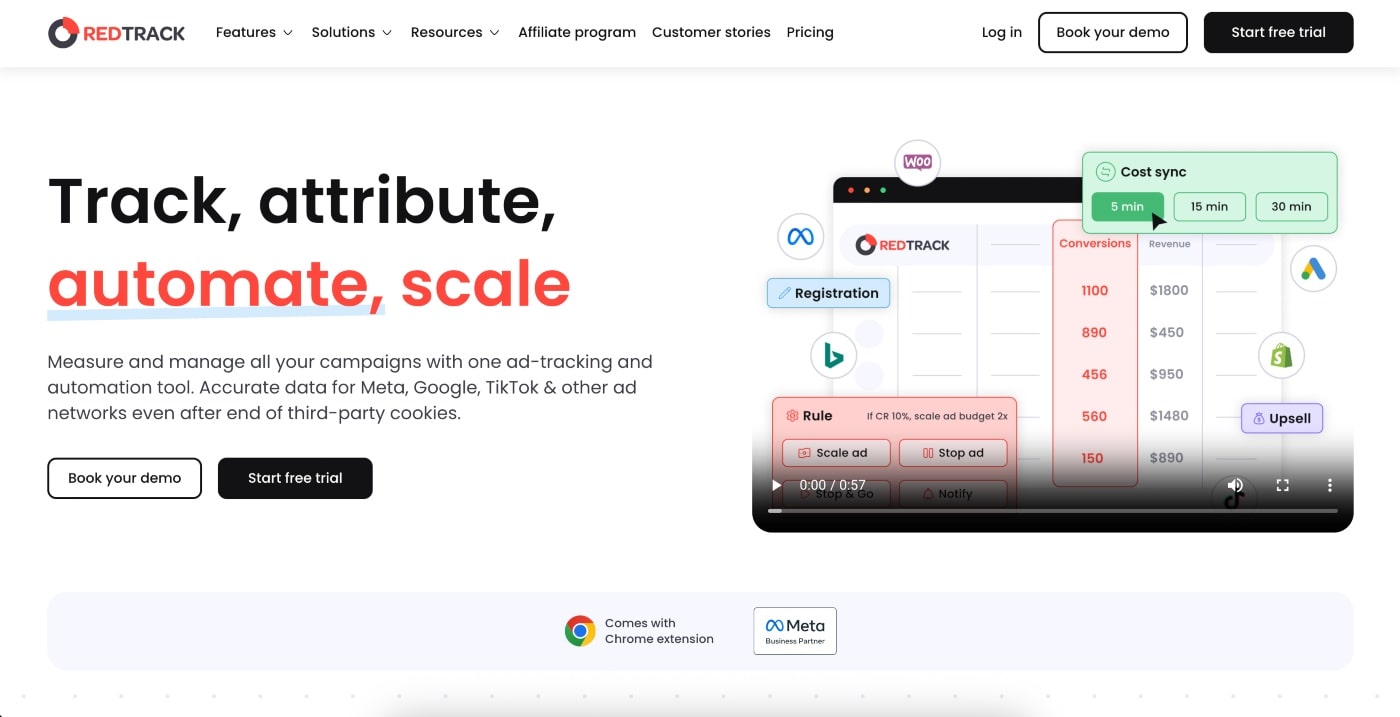
We know that putting ourselves first is a bit cheesy, but you got here because you need solutions – give us a moment to elaborate!
RedTrack is absolutely essential for ecommerce brands that are running paid advertising and want complete control over how their marketing budget actually drives revenue.
Unlike those basic analytics tools or platform-specific attribution that only give you part of the picture, RedTrack delivers end-to-end tracking and reporting that finally gives you the full story behind every single sale, and we’re talking about across all your traffic sources here.
Here’s what RedTrack does at its core: it becomes your single source of truth.
It’s tracking every click, every conversion, and every cost in real time across Meta, Google Ads, TikTok, influencers, affiliates, and more, which means your ecommerce team can finally stop guessing which ad actually led to the sale.
It uses server-side tracking which ensures that no conversions slip through the cracks because of ad blockers, privacy restrictions, or cookie deprecation, which makes it absolutely crucial in today’s post-iOS 14 world.
What really makes RedTrack stand out from the crowd is its independent, multi-touch attribution engine (which is totally customizable). While Google or Facebook might want to take full credit for a sale (and they will), RedTrack reveals the complete customer journey, from that very first click all the way to the final purchase, so you can actually understand what’s truly driving conversions and allocate your budget accordingly.
For Shopify users, here’s the thing: RedTrack integrates seamlessly and adds a layer of performance clarity that native Shopify reports simply can’t deliver. Real-time data, customizable reports, and full funnel visibility make it the go-to tool for performance marketers who want to scale profitable campaigns and cut that wasted spend once and for all.
Whether you’re running ads in-house or managing multiple stores as an agency, RedTrack eliminates those frustrating blind spots and gives you the accurate data you actually need to boost ROAS, lower CPA, and make smarter decisions, and we’re talking fast here. Simply put, if you’re serious about ecommerce growth through paid media, RedTrack is not optional. It’s really not.
Not sure? Start a free trial and see it for yourself, or book a demo and let us show you around!
Klaviyo
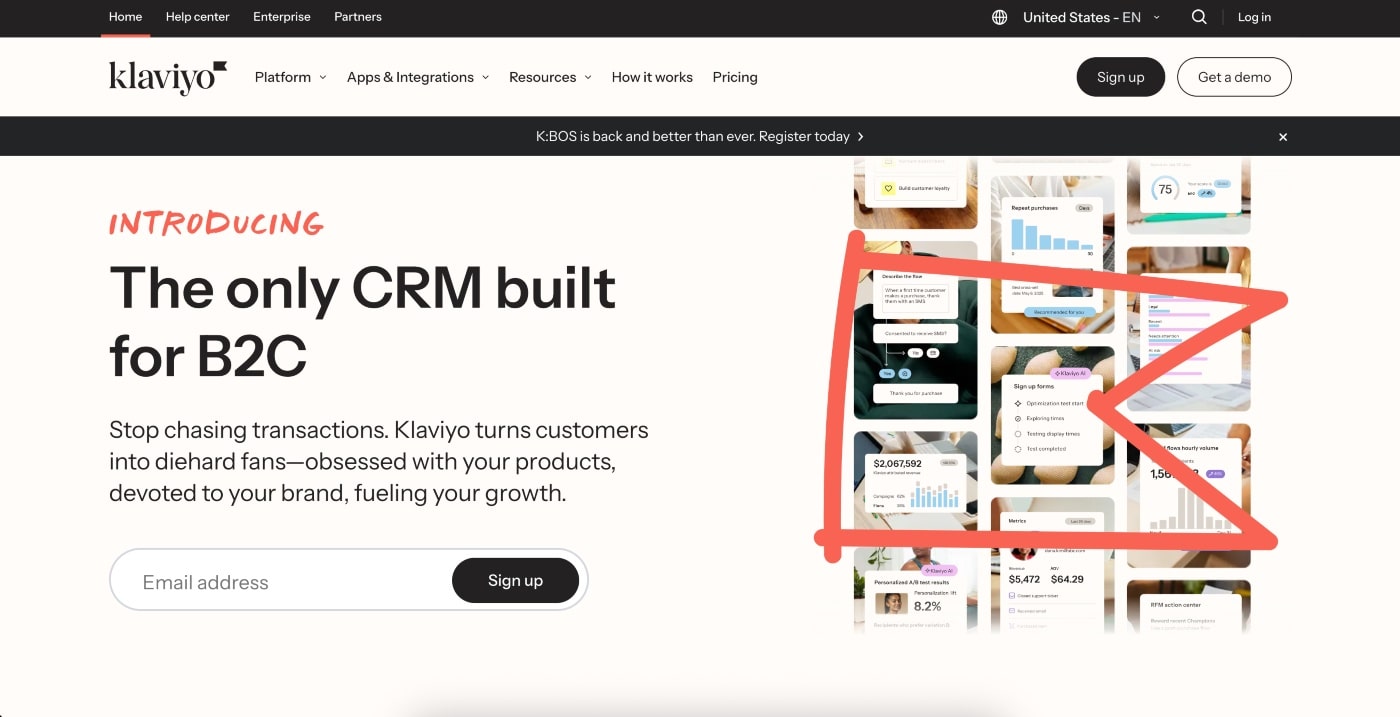
Klaviyo is one of the leading tools on the market for email and SMS campaigns. Thanks to customizable automation, your business can scale its communication through a number of means, including custom newsletters and abandoned shopping cart notifications.
With Klaviyo, you can segment your customers in detail by relying on data-driven personalization. Also, it offers more than 300 integrations and flexible APIs.
Standout feature: Customizable customer segmentation, automated campaigns, and 300+ integrations.
Best for: Medium-sized eCommerce brands, as well as those looking to scale through personalized email and SMS marketing.
Ratings: Klaviyo has a 4.6 rating on both Capterra and G2. Among the most listed pros is ease of segmentation, automated campaigns, and email templates.
Pricing: Klaviyo has a free plan, and the cheapest plan that includes both email and SMS marketing features is $60/month.
Omnisend

Another permanent staple among eCommerce marketers is Omnisend, which is a robust omnichannel marketing automation platform aimed squarely at eCommerce businesses.
Speaking of marketing channels, this tool combines SMS, email, push notification, as well as ad retargeting in order to help businesses create automated, targeted campaigns and boost sales.
Standout feature: Multichannel automation, pre-built workflows, and integrations with Shopify, BigCommerce, and WooCommerce.
Best for: Medium-sized online stores that are looking to scale their email marketing efforts through automation.
Ratings: Omnisend is rated 4.7 on Capterra and 4.6 on G2. Most users liked the ease with which they can create automated email campaigns, even if they don’t have any technical knowledge.
Pricing: Prices start at $11.20/month, which is the price of Omnisend’s Standard plan.
Brevo
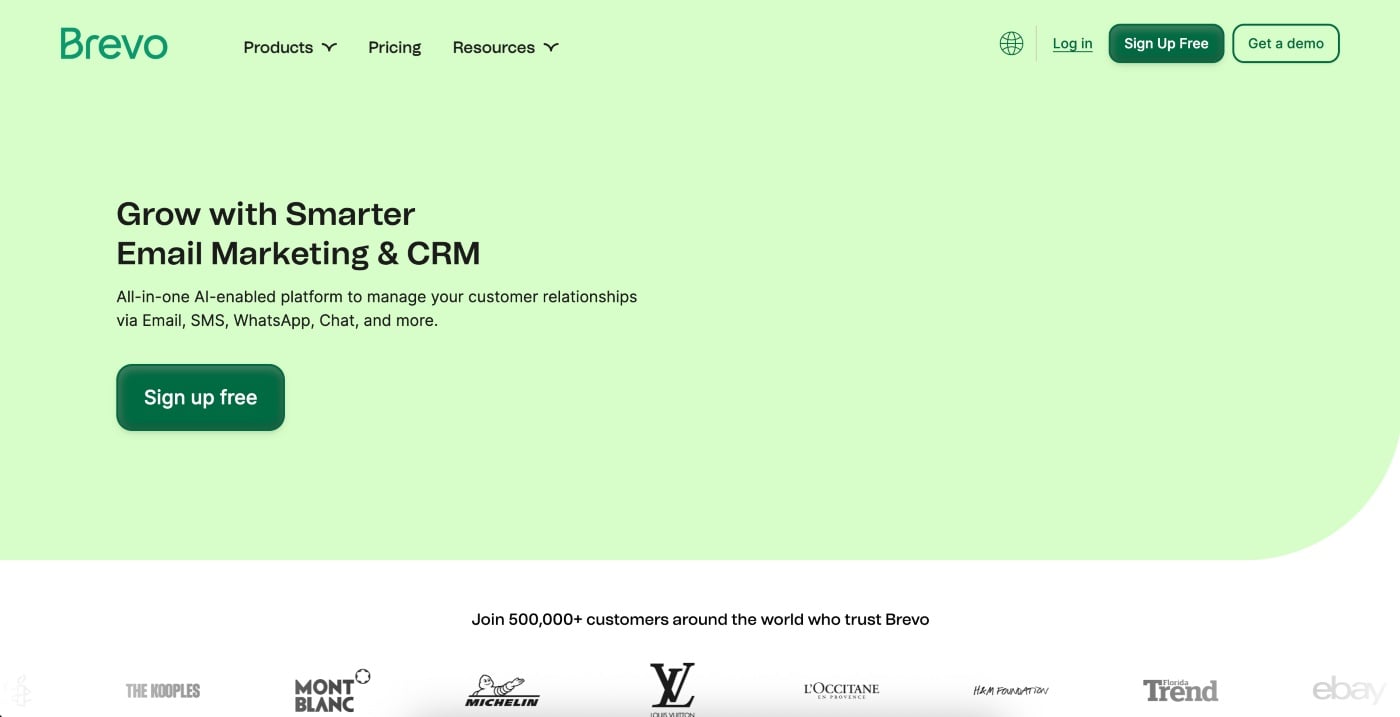
While Brevo is now a comprehensive CRM suite, it’s still excellent as an email marketing platform, which it originally started out as.
Brevo is packed with functionalities that streamline or automate most of your marketing processes. There is a drag-and-drop builder for automation, pre-made templates that cover most eCommerce cases, as well as multichannel campaigns (SMS, email, WhatsApp).
Standout feature: Aura, Brevo’s AI assistant that helps with content generation, and a drag-and-drop editor for automation workflows.
Best for: Thanks to automation and AI, Brevo can be used by eCommerce businesses of any size.
Ratings: 4.6 on Capterra and 4.5 on G2. Brevo is praised for its automation features, templates, and the large number of integrations.
Pricing: Brevo has a free plan. The most affordable paid plan is its Starter plan, which costs $8.08/month.
Best CRM tools for eCommerce
While your business’s bottom line matters, eCommerce is also about creating lasting relationships with your customers, because that’s what’s going to keep them coming back.
By leveraging the power of CRM tools and platforms, you can manage pretty much all of your customer data, from purchase history, audience segmentation, customer LTV, as well as the repeat purchase rate.
Let’s take a look at the three best CRM tools for eCommerce businesses:
Salesforce CRM
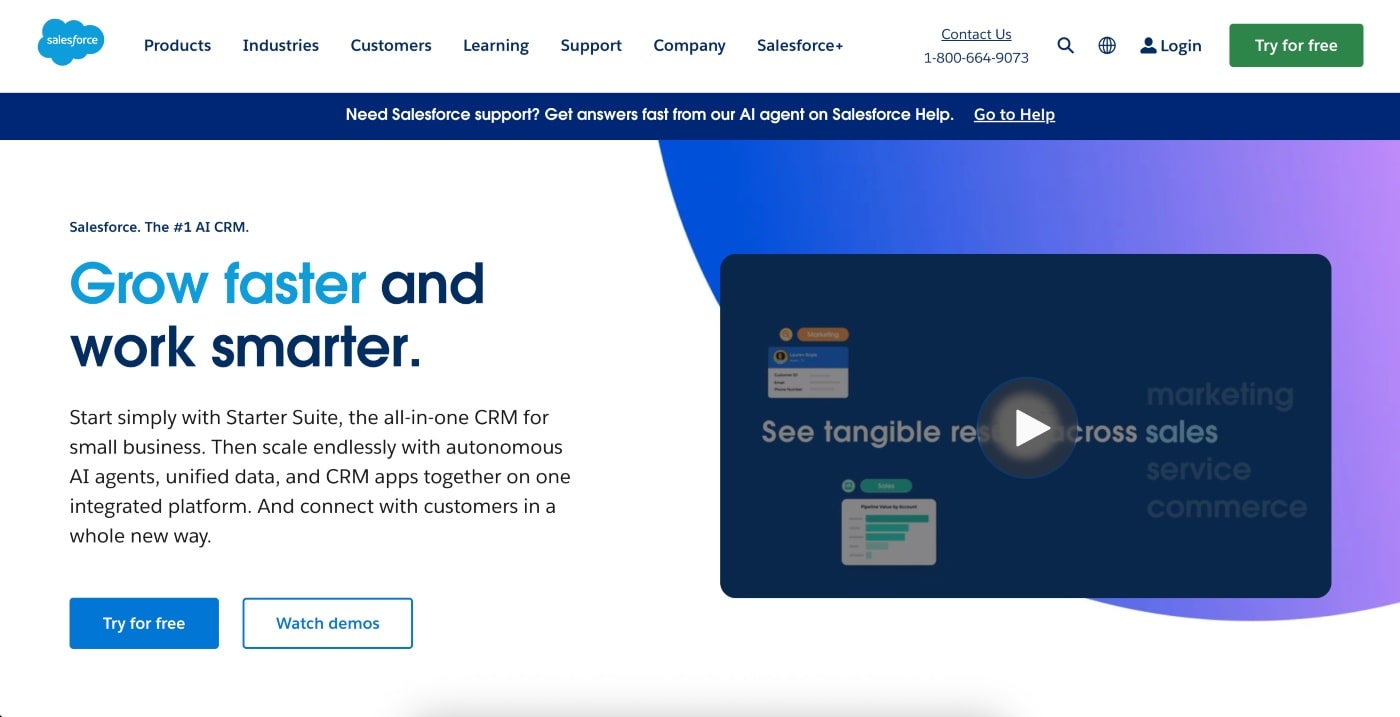
Salesforce reigns supreme when it comes to CRM platforms, thanks to the huge range of tools and features it offers.
It enables eCommerce businesses to manage anything from customer relationships and sales pipeline to all of the processes that support them. And it’s hugely powerful when it comes to automation and the sheer number of supported integrations.
Standout feature: Enterprise-grade automation and customization to your brand’s workflow in order to enable the end-to-end journey of your customers.
Best for: eCommerce businesses that are already large or looking to scale quickly.
Ratings: Salesforce has received a 4.5 rating on Capterra and 4.4 on G2, with plenty of users proclaiming it as the world’s No.1 CRM platform.
Pricing: Your best bet is to contact their sales department, because their pricing system is notoriously complicated. However, the price for Starter Suite for Salesforce CRM starts at $25/month per user.
Hubspot CRM
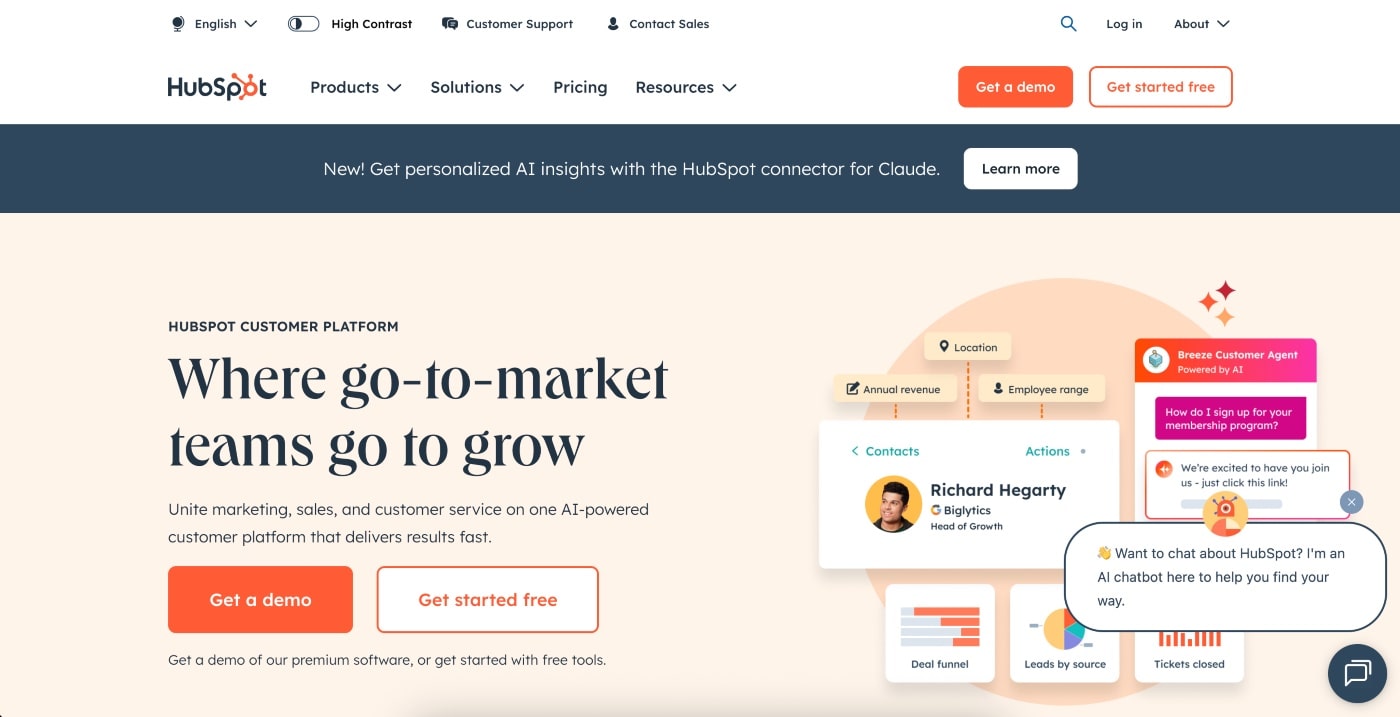
One of the ways in which Hubspot CRM stands out is the sheer user-friendliness of its features, especially those aimed at lead nurturing, automation of email flows, and deal tracking. It also excels at connection all of those directly to your revenue.
HubSpot CRM is especially effective at helping eCommerce retailers nurture their customer relationships through email and content marketing tools in a way that is smooth and intuitive.
Standout feature: All-in-one CRM platform with marketing automation, email campaign features, and reporting.
Best for: eCommerce businesses that want their CRM and marketing tools in one platform.
Ratings: 4.5 on Capterra and 4.4 on G2, with users praising the platform for its all-in-one capabilities.
Pricing: Hubspot CRM has a free tier, and the exact price for paid options depends on the features you want.
Zoho CRM
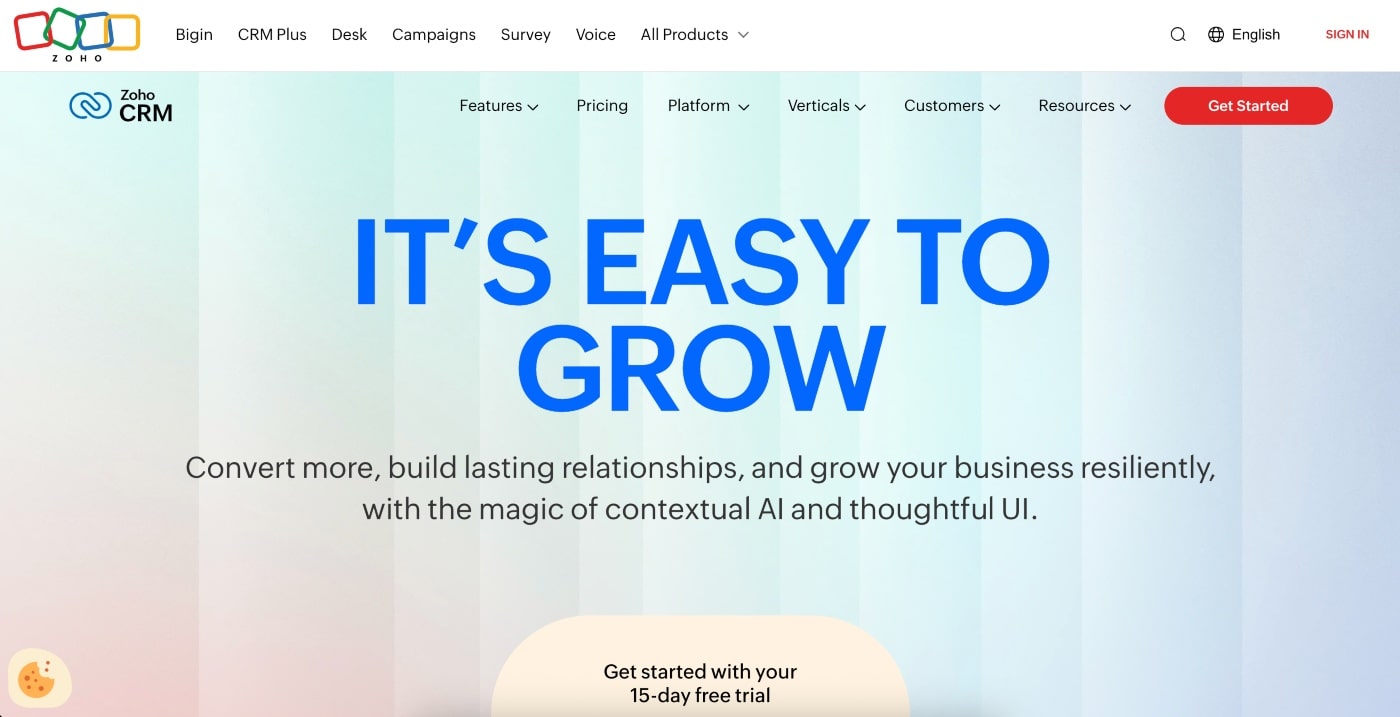
Zoho CRM is a cross between an integrated CRM and an automation platform. The CRM part is able to track every single customer interaction, and the automation features shoulder the burden of repetitive tasks.
It also provides you with insights into potential sales opportunities, contact management, multi-channel communication functionalities, and pipeline management.
Standout feature: Omnichannel automation and Zia, its AI-powered assistant, which provides you with predictive scoring and outreach suggestions, all based on customer data.
Best for: Businesses of all sizes, but especially those searching for an affordable CRM solution that integrates with Shopify.
Ratings: Zoho CRM has a rating of 4.3 on Capterra and 4.1 on G2, with its robust feature set singled out as one of its biggest advantages.
Pricing: There is a free edition for up to three users, while the paid plans start with the Team Users plan that costs €9.
Best live chat and customer service tools for eCommerce
Last but not least, we have eCommerce tools that are designed to keep your customers happy, transform interactions with them, and solve their problems. This is where live chat and customer service platforms come in and save the day.
Whether it’s chatbots, help desk software, or live agents, customer support tools are there to resolve issues quickly, and hopefully, in real time. That way, your online store is “open” 24/7.
Here is our shortlist of the best live chat and customer support eCommerce platforms:
Zendesk
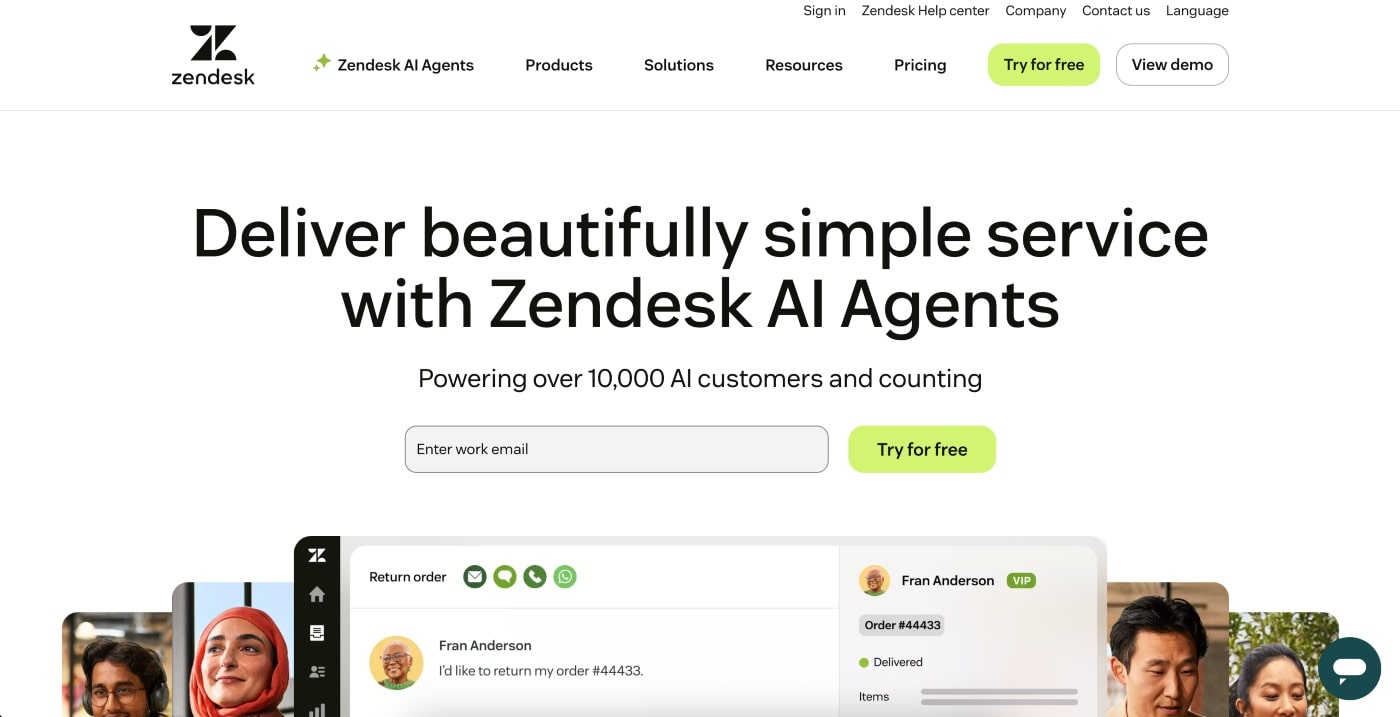
Zendesk is an all-in-one customer support platform that puts all of your communication into a single dashboard, and that includes live chat, email, social media, and phone calls.
Live chat is one of the main features here, but Zendesk also has a feature that enables you to manage your knowledge base and make the most of your helpful resources. You also get custom reporting and a ticketing system.
Standout feature: Omnichannel support and knowledge base management.
Best for: eCommerce businesses that want to scale their support while retaining a high degree of personalization.
Ratings: Zendesk is rated 4.4 on Capterra and 4.3 on G2. Efficient issue tracking is frequently mentioned as one ZenDesk’s strong suits.
Pricing: Prices start at $19/month per agent for the Support Team plan.
LiveChat
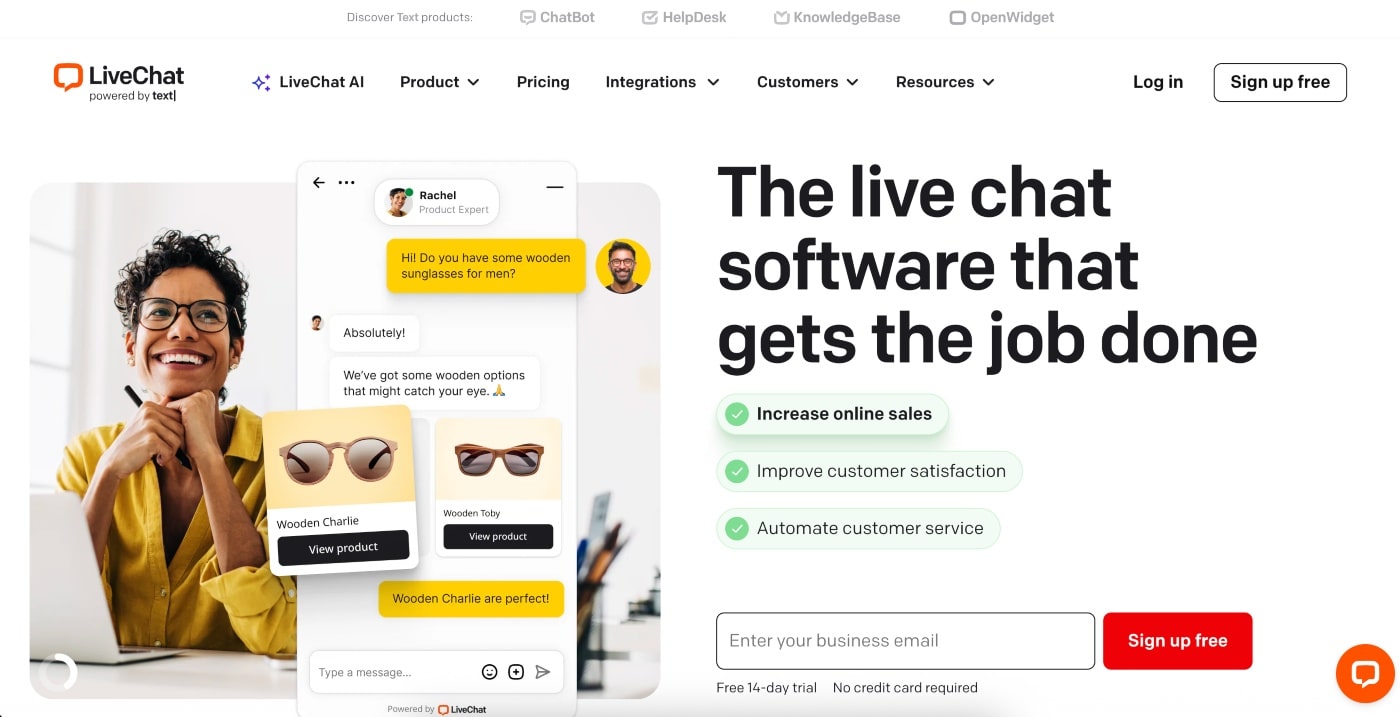
Sometimes, your customers need you to handle their issues as soon as possible, and LiveChat, just like the name indicates, is the most efficient tool for the job.
It’s real-time messaging platform that can be integrated onto your website in the shape of a chat widget. Beyond the surface, you get visitor tracking, analytics, and automated transformation of messages into support tickets.
Standout feature: Automated support ticketing and contextual customer insights.
Best for: SMEs that need a simple and streamlined way to engage with their customers and resolve their issues.
Ratings: LiveChat is rated 4.6 on Capterra and 4.5 on G2, thanks to its ease of use.
Pricing: $20/month per person for the Starter plan (billed annually).
Sprout Social
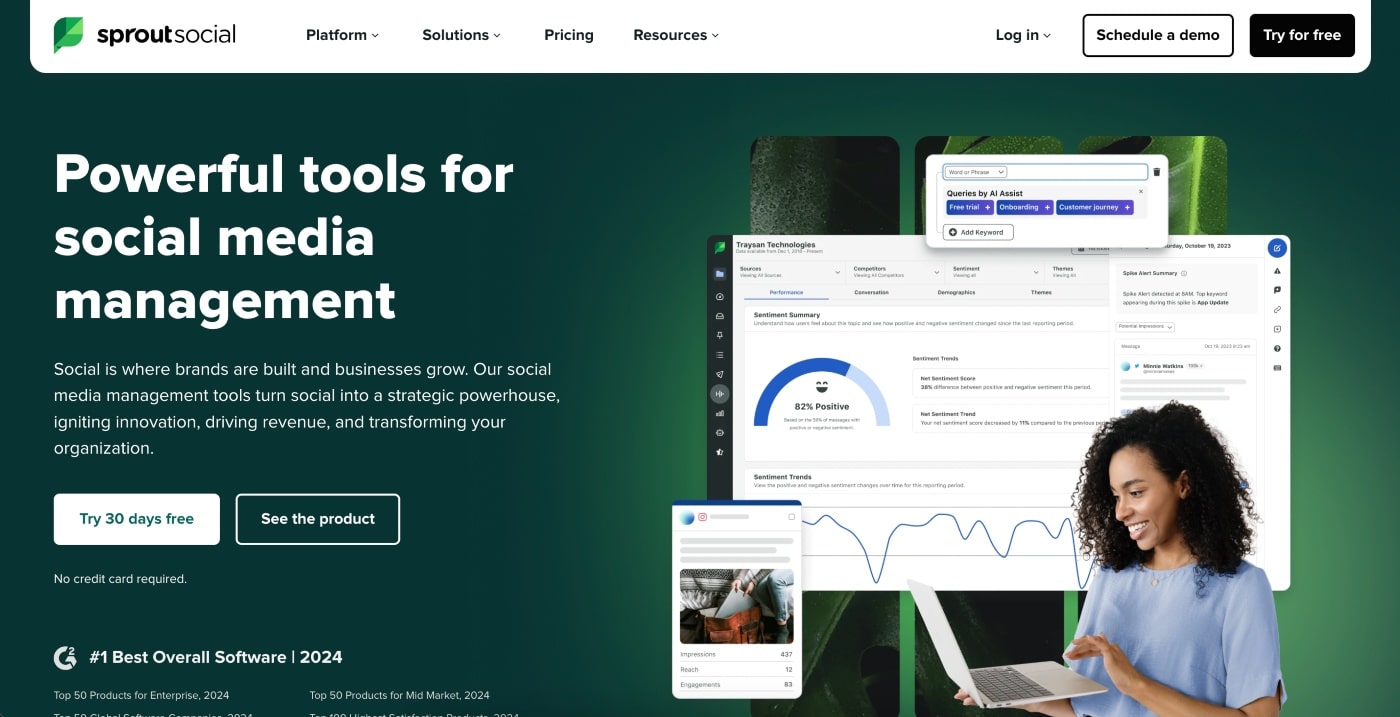
At the end of our list, we have Sprout Social, which is a social media platform built to help eCommerce businesses engage and support customers across different social media channels. And you get all of that in a single dashboard.
Standout feature: Smart Inbox feature, which aggregates all social messages into a single feed for real-time support and engagement.
Best for: Mid-sized to large eCommerce businesses that focus on exceptional social
Ratings: 4.4 on both Capterra and G2. Users appreciate the user-friendly dashboard that brings all social media channels under one umbrella.
Pricing: The cheapest Standard plan costs $199/month per seat.
Conclusion
Staying ahead in ecommerce means staying ahead of the tools you use.
With customer expectations rising, privacy rules tightening, and competition intensifying, relying on outdated or siloed software stacks is no longer an option. Modern ecommerce growth demands technology that’s fast, flexible, and built to adapt.
From behavioral insights to precision ad tracking, each tool in your tech stack should bring clarity, not confusion. But the real game-changer? Your ability to track, attribute, and optimize paid campaigns with confidence.
That’s where RedTrack comes in.
If you’re serious about scaling your ecommerce business, it’s time to stop trusting platform-biased reports and start using data you actually own. RedTrack gives you real attribution, complete visibility, and the power to make better marketing decisions faster.
Take control of your performance marketing. Start your journey with RedTrack and transform how your paid campaigns drive growth.




